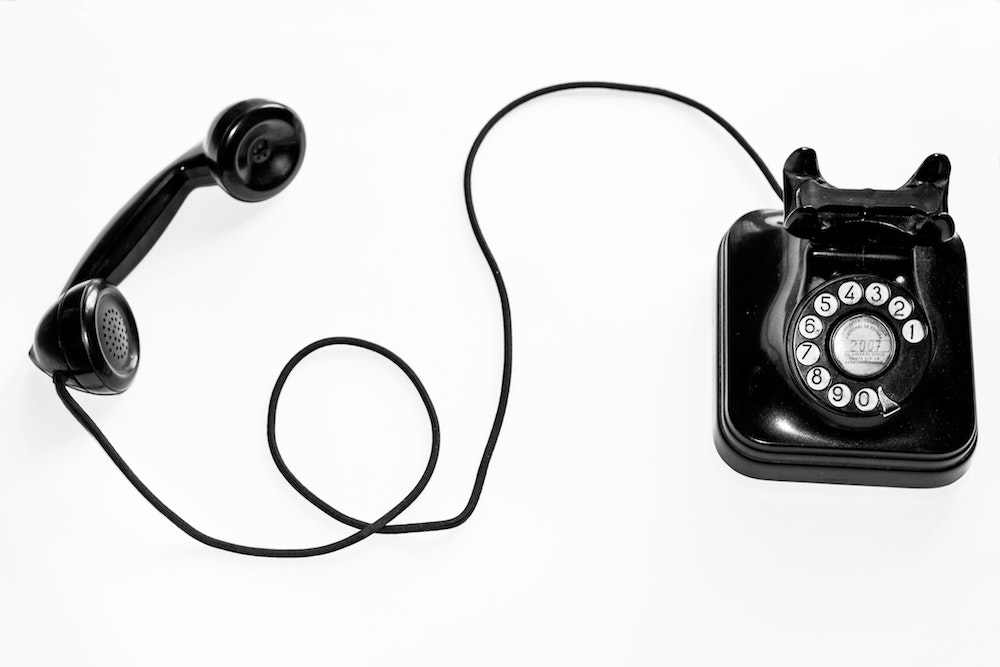
Have you ever thought about recording your business phone calls? There are numerous benefits to recording your client calls.
With software like Threads, you can easily store your recorded calls for easy access later, be it for review in training or when looking to improve your processes.
Plus, Threads also provides a transcription feature that can be quite beneficial when looking for an important piece of information. Instead of trying to sort through scattered information, you can find everything you need all in one easy-to-use location.
Nevertheless, before you start recording, you must first ask: is it legal to record a phone call in the United States? Do you need to ask for your client’s consent before recording?
Knowing if you can record a phone call is important, as some states might have certain laws against it. If you record a phone call that you weren’t allowed to, you might become a target for a lawsuit from your client.
To help you get started on the right foot, we’ve compiled important information below on recording phone calls in the United States.
Is it Legal to Record a Phone Call in the US? What to Know
Disclaimer: This article is not intended to be legal advice and is not a substitute for taking your own legal advice according to the individual circumstances.
What Federal Laws Say
Federal laws on intercepting various forms of communications found in 18 U.S.C. 2511(2)(d) state the following:
It shall not be unlawful under this chapter for a person not acting under color of law to intercept a wire, oral, or electronic communication where such person is a party to the communication or where one of the parties to the communication has given prior consent to such interception unless such communication is intercepted for the purpose of committing any criminal or tortious act in violation of the Constitution or laws of the United States or of any State.
Simply put, federal law in the United States say that the recording of a phone call is legal.
However, you must obtain the consent of the person or persons you are communicating with first. Recording a phone call without someone knowing it is being recorded or without their consent is illegal.
State Laws: One or More Party Consent Laws
If it is a phone call with you and a single person, the only consent you will require is that one person. However, many phone calls can involve numerous people.
So, do you need the consent of every participant? Or just one?
The answer to this varies from state to state.
Currently, 38 states and the District of Columbia have a one-party consent law. Conversely, 11 states require the consent of all parties participating in the phone call.
Even so, these laws are not as black and white as they may first seem.
For example, while Nevada has a one-party consent law, its Supreme Court interprets this law as an all-party consent law.
In the end, you must ensure that you meet federal and state laws before you record any phone calls. Additionally, checking for any exceptions, such as the Nevada laws, is crucial to maintain compliance.
Are you looking for the right software to streamline your team communication?
Contact the team at Threads to learn more about how Threads can support your team’s success.
